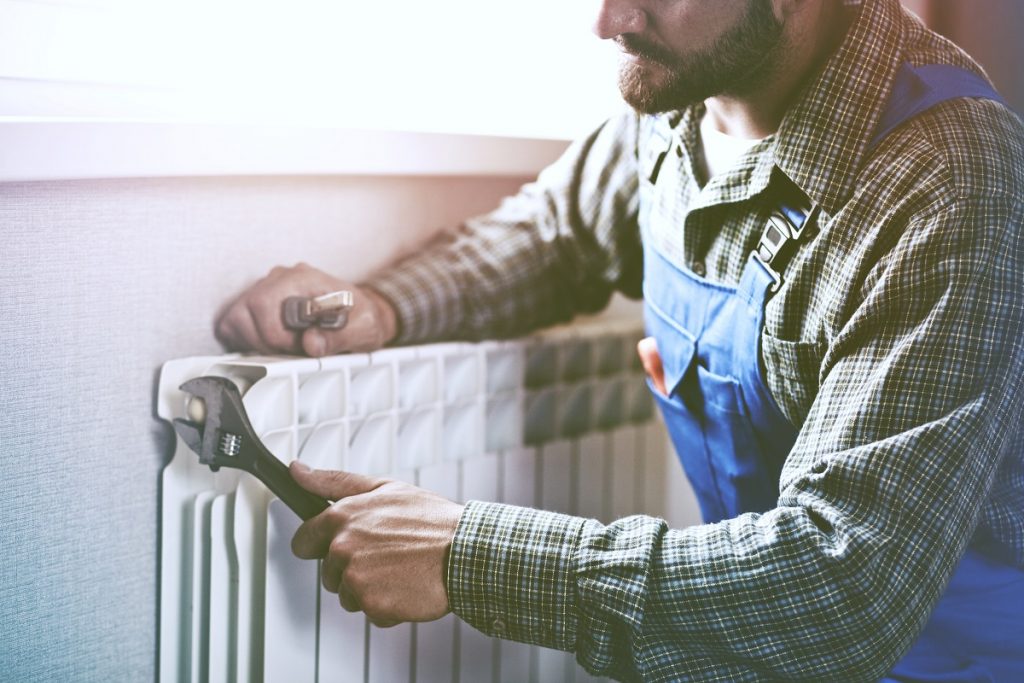- Your HVAC system should be inspected and serviced annually for optimal performance.
- Regular cleaning is necessary to maintain a clean and healthy living environment.
- Inspect your plumbing system regularly for leaks and take precautions to avoid them.
- Test your home’s water quality and consider installing a water softener if needed.
- Inspect your roof every few years for any signs of damage, and keep your gutters clean.
As a homeowner, it is essential to prioritize the maintenance of your property to ensure its longevity, functionality, and comfort. Regular maintenance helps prevent costly repairs and promotes a safe and healthy living environment for you and your family. This guide presents five crucial maintenance tips every homeowner should follow to keep their homes in optimal condition. From HVAC system maintenance to roof inspections, these tips will help you maintain your property’s value and enhance your overall living experience.
1. HVAC System Maintenance
Your HVAC (Heating, Ventilation, and Air Conditioning) system plays a vital role in keeping your home comfortable throughout the year. To ensure its efficient operation, regular maintenance is crucial. Schedule annual HVAC inspections and servicing by a qualified technician to clean and inspect the system, check for any issues, and make necessary repairs. Regularly change your HVAC filters to maintain proper airflow and improve indoor air quality. By staying proactive with HVAC system maintenance, you can extend its lifespan, enhance energy efficiency, and enjoy consistent comfort in your home.
2. Regular Cleaning

Regular cleaning is essential for maintaining a clean and healthy living environment. Dust and vacuum your home regularly to remove dirt, allergens, and dust mites. Pay extra attention to areas that accumulate more dirt, such as carpets, upholstery, and curtains. Clean and disinfect kitchen and bathroom surfaces regularly to prevent bacteria and mold buildup. Additionally, don’t forget to clean your windows, blinds, and ceiling fans to keep the air fresh and improve indoor air quality. Maintaining a clean home can create a welcoming environment and reduce the risk of allergies and respiratory issues.
3. Plumbing and Leaks
Keeping an eye on your plumbing system prevents costly water damage and ensures a steady water supply. By maintaining a well-functioning plumbing system, you can conserve water, prevent water damage, and avoid costly repairs.
Here are some tips for dealing with plumbing and leaks:
Finding and Identifying Leaks
If you suspect a leak, check the pipes for any signs of corrosion or discoloration. You can also check your water meter to see if it is registering more usage than normal. If you find an area with excessive moisture, use a flashlight to inspect behind walls, under sinks, and around exposed plumbing fixtures. Finally, test all faucets by running the water for several minutes and checking nearby areas for moisture or seepage.
Addressing Minor Leaks
Minor leaks can often be fixed easily with basic tools and supplies from your local hardware store. Tighten loose fittings or replace cracked washers as needed to stop minor drips. If the leak persists, you may need to replace a broken pipe or fitting. For more complex jobs, call in a licensed professional plumber for assistance.
Taking Precautions
Taking precautions can help prevent plumbing leaks and other issues. Ensure all fixtures and pipes are properly installed, and regularly inspect them for any signs of wear or damage. You should also avoid pouring any grease, oil, coffee grounds, or other non-biodegradable items down your drains, as this can lead to clogs and blockages.
Knowing When to Call a Professional
Sometimes, it’s best to have a professional take care of any plumbing repairs or maintenance needs. If you don’t have the skills or tools to address the issue yourself, it is best to call a licensed plumber. Having an experienced professional on your side can help save you time and money in the long run.
4. Water Quality

Water quality is an often overlooked aspect of home maintenance, but it can significantly impact your health and the lifespan of your appliances. Water that has high levels of minerals such as calcium and magnesium is called hard water. It can cause the formation of limescale in your plumbing fixtures and appliances and even affect your skin and hair. Consider testing your water quality and installing a water softener if necessary. Also, investing in a high-quality water softener will remove the minerals from your water, reducing limescale buildup and extending the lifespan of your appliances. It will also provide benefits such as softer skin and hair, cleaner dishes, and more efficient plumbing system operation.
5. Roof Inspection and Maintenance
Your roof is your home’s first line of defense against the elements, so keeping it in good condition is crucial. Make sure to check your roof often for any indications of harm, like broken or absent shingles, leaks or cracks. Address any issues promptly by repairing or replacing damaged areas. Inspecting your roof professionally every few years to ensure its integrity and identify any hidden problems is also recommended. Make sure to regularly clean your gutters so that water doesn’t accumulate and cause damage to your roof. Maintaining your roof protects your home from water damage, ensures energy efficiency, and prolongs its lifespan.
Final Words
Regular maintenance is essential for every homeowner to preserve their property’s value, functionality, and comfort. By following these five maintenance tips, including HVAC system maintenance, regular cleaning, plumbing and leak prevention, water quality management, and roof inspection and maintenance, you can ensure a safe and healthy living environment for you and your family. Prioritize these maintenance tasks and stay proactive in addressing any issues that arise. Doing so can prevent costly repairs, enhance energy efficiency, and enjoy the benefits of a well-maintained home for years to come.

